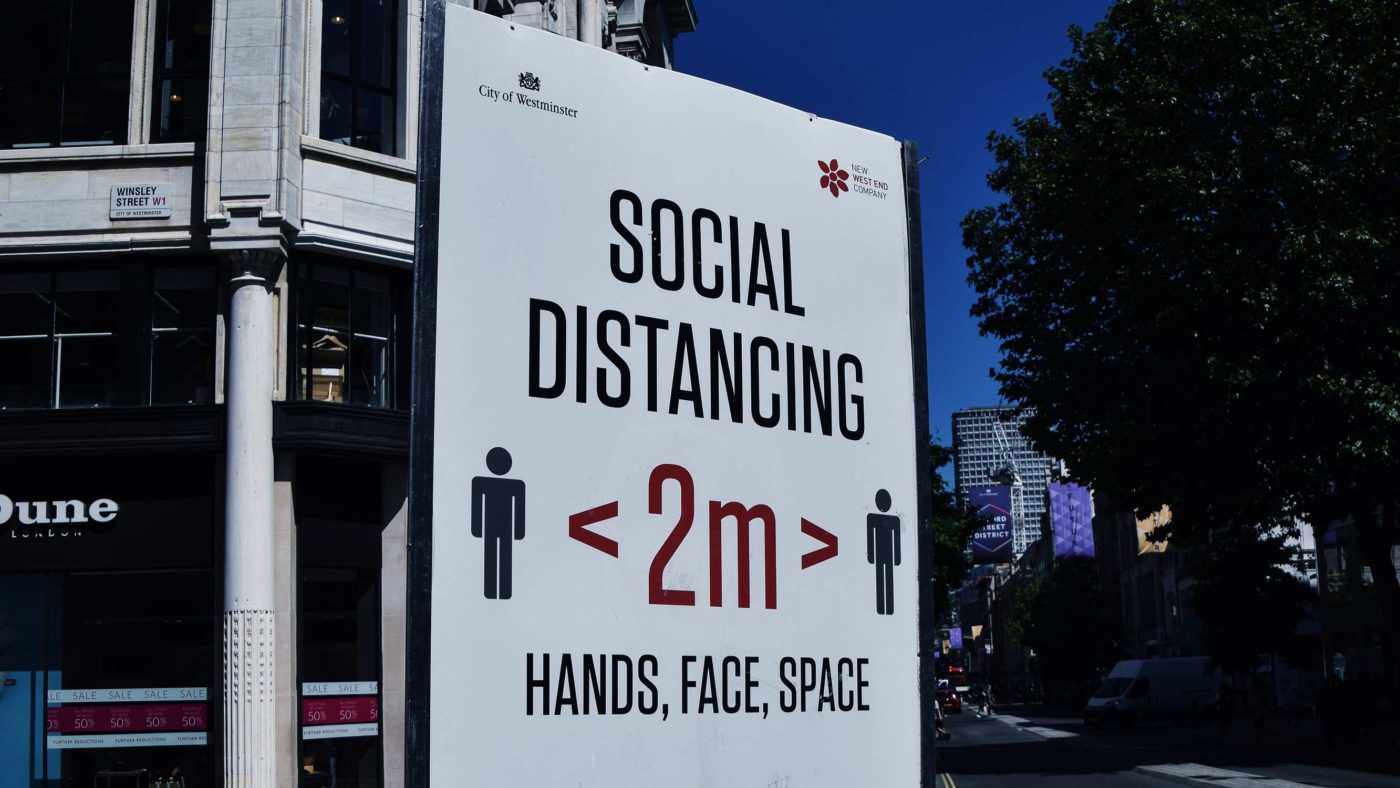The Prime Minister seems well justified in announcing the end of ‘Plan B’ measures, including work-from-home guidance and vaccine certificates. It would be equally welcome if the Government were to return to a democratic system of government which has been cut adrift for almost two years.
As the House of Lords Select Committee on the Constitution has remarked, exceptional Covid-19 powers are ‘lent, not granted, by the legislature to the executive’, and such powers should be ‘returned as swiftly and completely as possible, avoiding any spill over into permanence’.
That means MPs should be given a binding exit vote from the current Plan B regulations. Likewise, any decision to re-introduce Covid regulations should be subject to a vote in Parliament, not simply imposed by ministerial fiat. The Government should also commit to a new Public Health Act to offer genuine scrutiny and impact assessment for all future public health interventions.
If we are to constructively engage with remaking our democratic model, we must first understand what has gone wrong with parliamentary scrutiny during the pandemic.
One of the biggest problems was the way ministers and officials managed to sidestep the machinery which makes parliamentary democracy workable. Serious flaws in the coronavirus regulations were missed because of a lack of effective, thorough scrutiny in Parliament.
The fact that legislation containing harsh restrictions on people’s basic liberties, was made unamendable for MPs and under the urgent procedure – and therefore without effective parliamentary scrutiny – combined with the speedy passage of the Coronavirus Act, means that the parliamentary scrutiny of the Government’s handling of Covid-19 was not fit for purpose.
My latest report for Civitas, ‘Unravelling the Covid State’, details just how much the Government sidelined Parliament during the pandemic response. After combing through government records on certain policy areas – Brexit, Defence, Covid-19, Health and Environment – I found that ‘Covid’ communications had the fewest references to ‘Parliament’ (3%) – while Brexit communications had the highest (25%).
One reason ministers were able to avoid scrutiny of lockdown powers was that they were introduced under the 1984 Public Health Act, rather than the Civil Contingencies Act, which would have given Parliament more of a say. If we want future public health measures to be properly costed and analysed, we should bring forward a new Public Health Act – one which compels ministers to provide evidence for the proportionality of future restrictions.
This should be combined with a renewed commitment to robust scrutiny for all public-serving bodies and learning properly to doubt arm’s-length bodies.
There are also important ideological lessons for all political parties, given the paucity of strong anti-lockdown voices in Parliament during the pandemic. With a few notable exceptions, it often felt that the only views on offer were varying degrees of enthusiasm for lockdown. Self-employed people and business owners concerned about the severe impact of restrictions had little effective parliamentary representation.
Improving things for the future means being clear-eyed about the failings of our regulatory state model, in which laws are routinely promulgated by ministerial decree, but no measurable impact is made of them.
We need to reassert our lost sense of accountability for decisions. That should not mean indulging in adversarial blame games and scalp-hunting, but addressing the fact that unaccountable public health quangos now wield executive power in a way which restricts, rather than bolsters, public and parliamentary accountability.
Public bodies that claim they do not generally exercise governmental power can have a serious impact on policy decision-making. Major political decisions should ordinarily be taken by politicians as accountable representatives, not by judges, technocrats or public bodies far removed from ministerial control.
The Prime Minister is right to start rolling back Plan B restrictions, but that should only be the beginning of dismantling the Covid State.
CapX depends on the generosity of its readers. If you value what we do, please consider making a donation.


